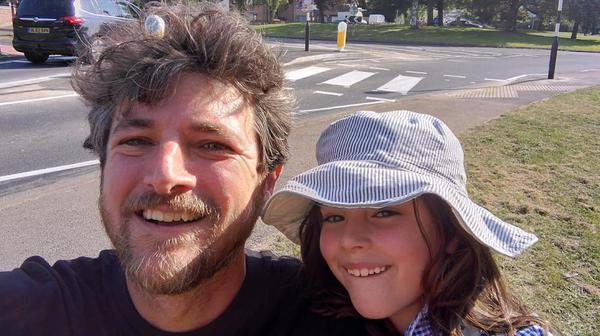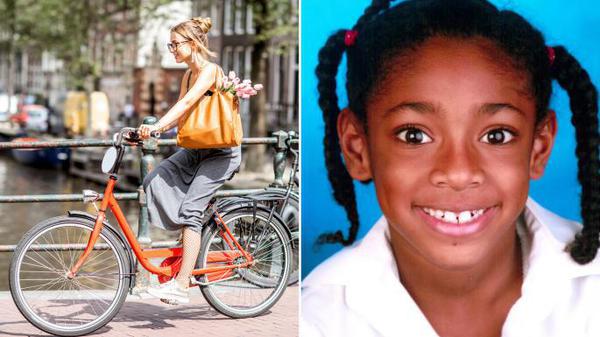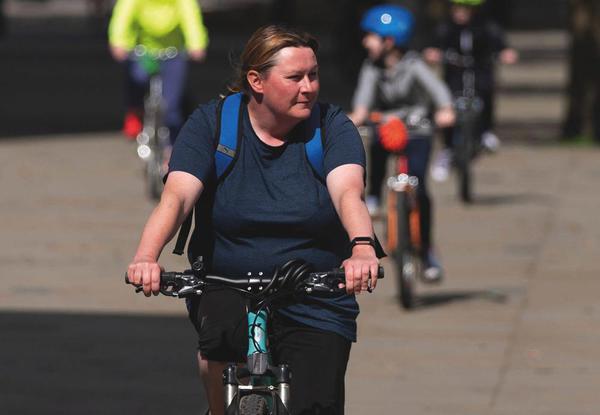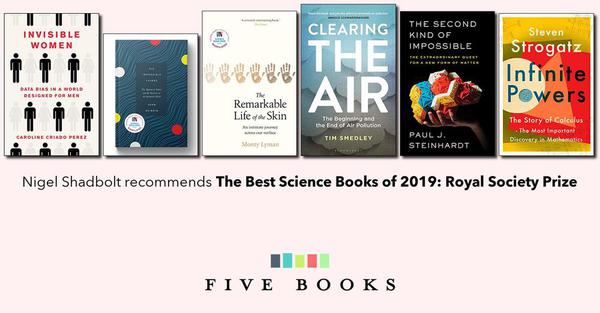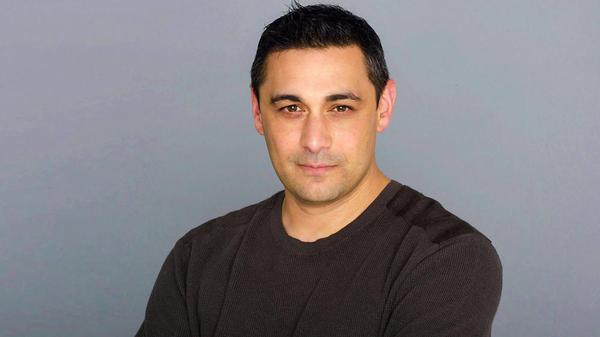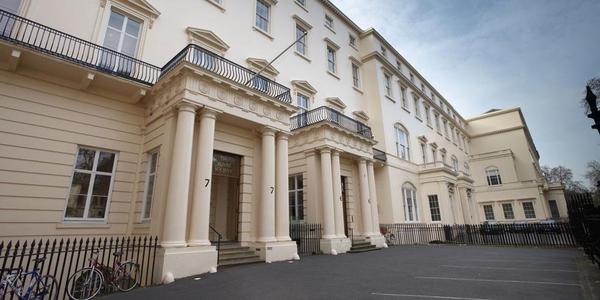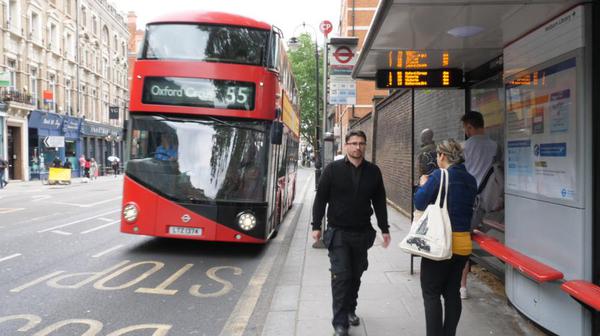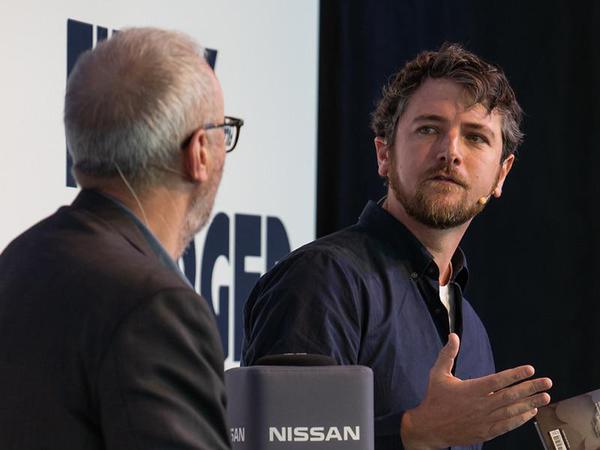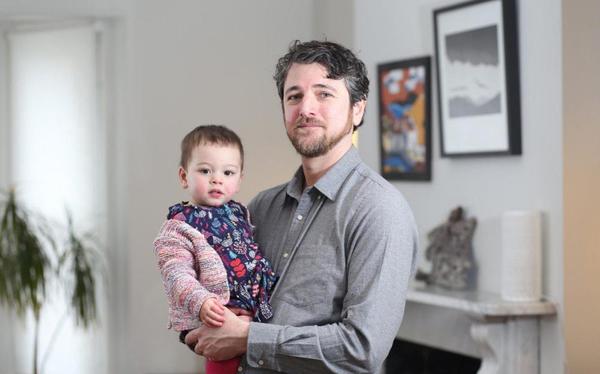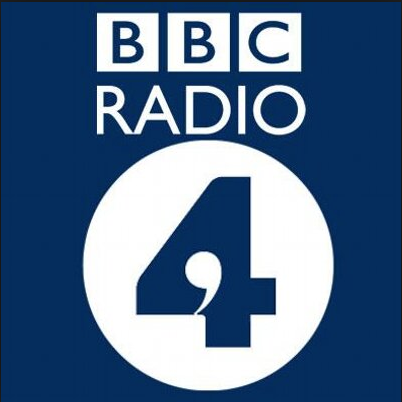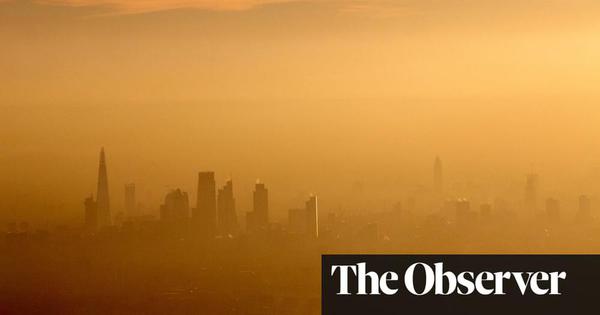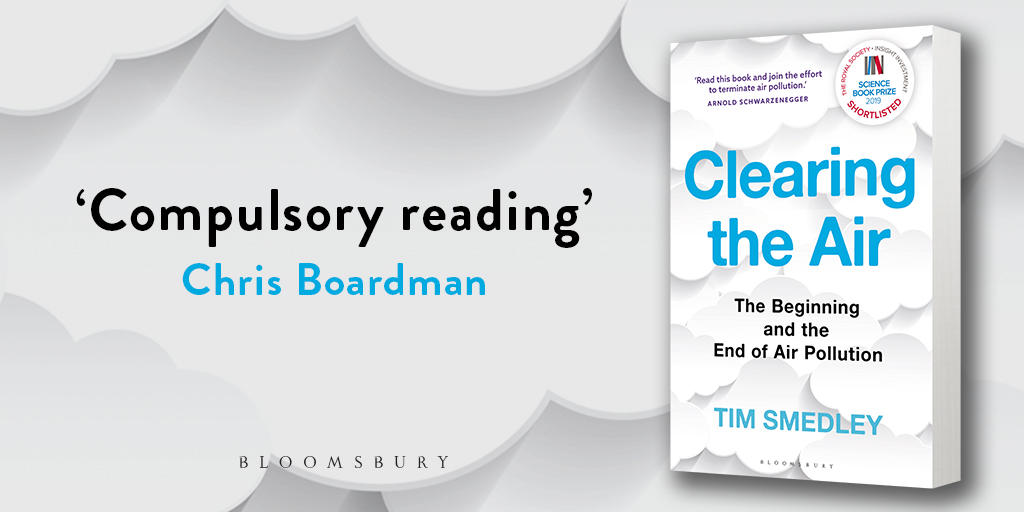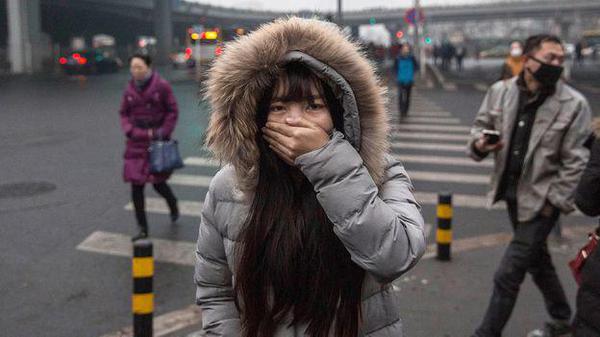

Order via Bookshop.org for a socially-conscious way to buy books online.
Authors earn 10% of every purchase made and a matching 10% goes to independent bookshops.
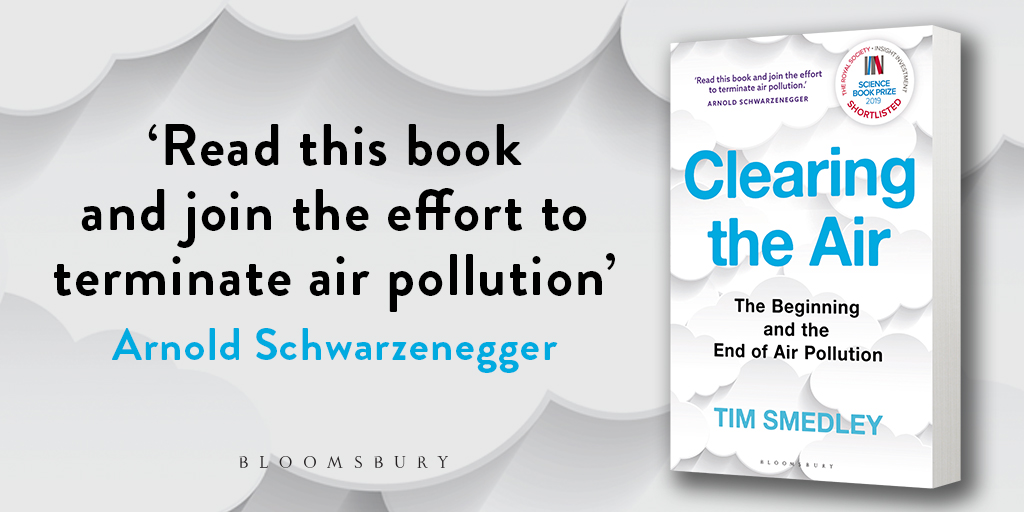
My first book - Clearing the Air: the beginning and the end of air pollution - was published by Bloomsbury in March, 2019. It was one of six books shortlisted for the 2019 Royal Society Insight Investment Science Book Prize.
Like many people, I had become increasingly alarmed by the headlines regarding the health effects of air pollution. Living in London at the time, I was confronted with a jarring reality: here was a rich capital city, known for its tree-lined streets and plentiful parks, and yet it had some of the worst diesel pollution in the world. Air pollution is killing people in the UK in the tens of thousands every year, and across the world in the millions. Yet, despite being a sustainability journalist, I didn't really know the science behind these figures.
What is air pollution? Where does it come from? Why is it bad for our health? And - perhaps most importantly - what can we do about it?
My journey for the answers took me much further afield than just London, incorporating Delhi, Beijing, Paris, Helsinki and, er, Milton Keynes. While shocked by the impact air pollution has on societies, I also found an optimistic vision for how cities can start clearing the air. The answers, the solutions, are within our grasp...

Order via Bookshop.org for a socially-conscious way to buy books online.
Authors earn 10% of every purchase made and a matching 10% goes to independent bookshops.

